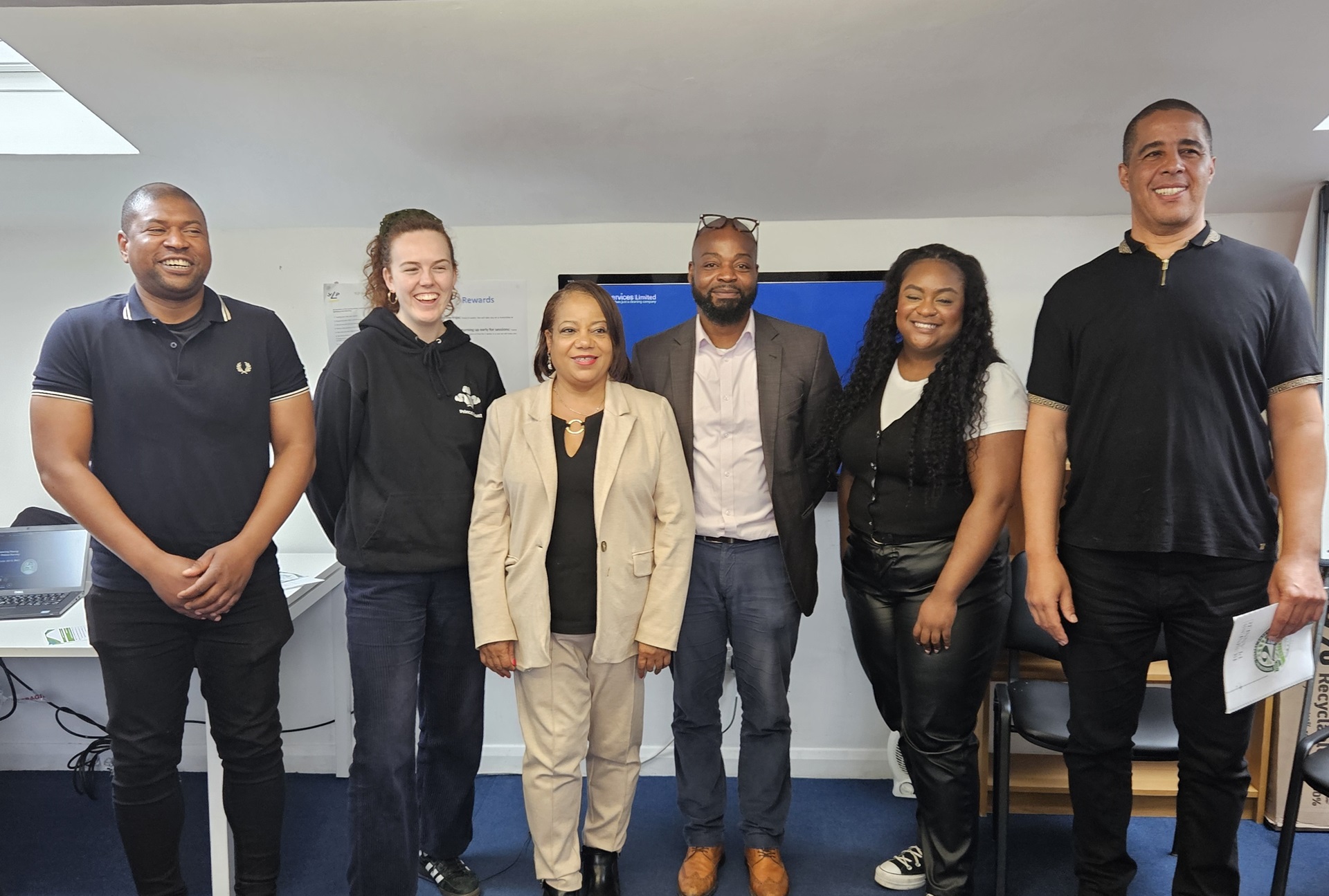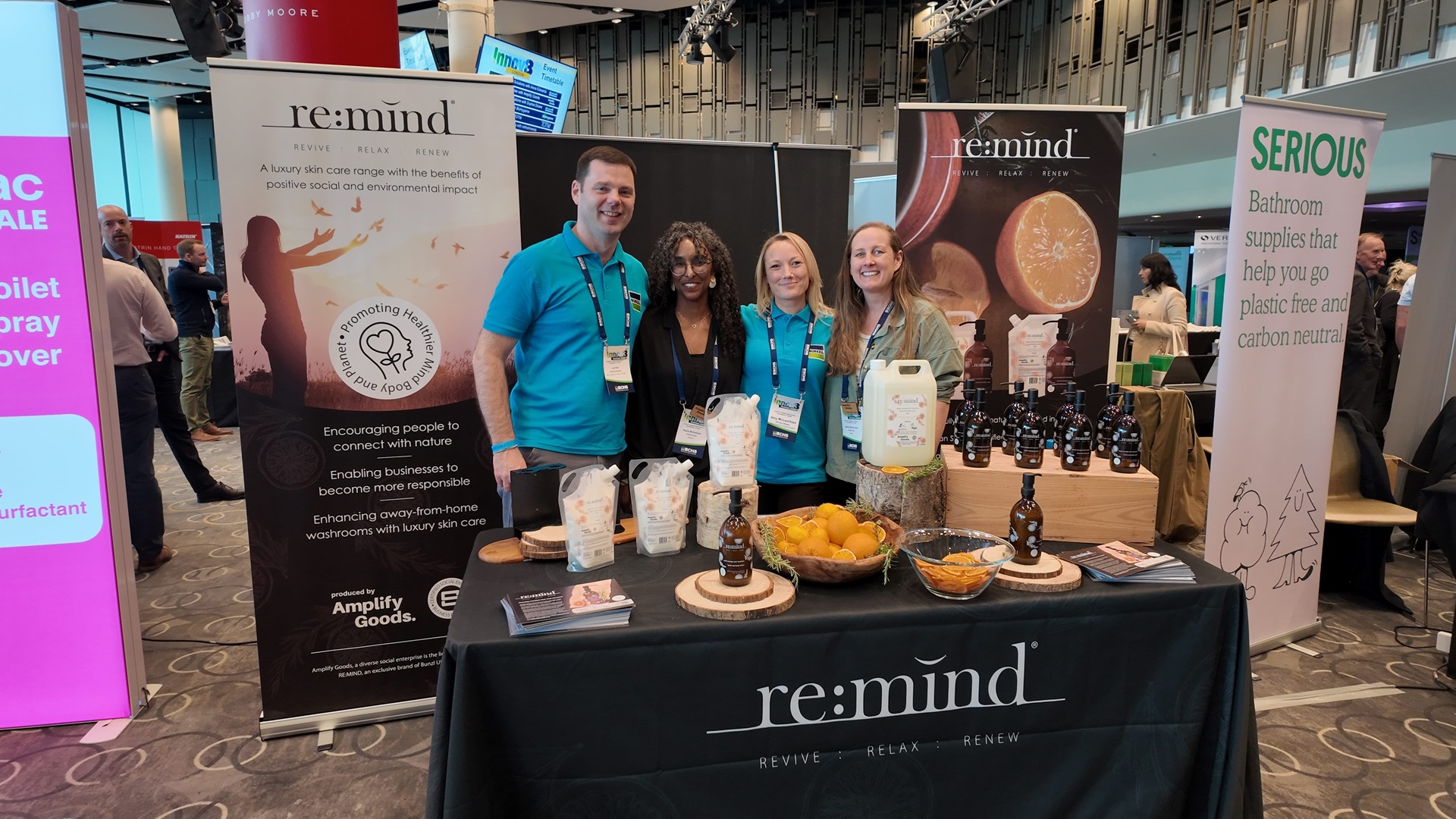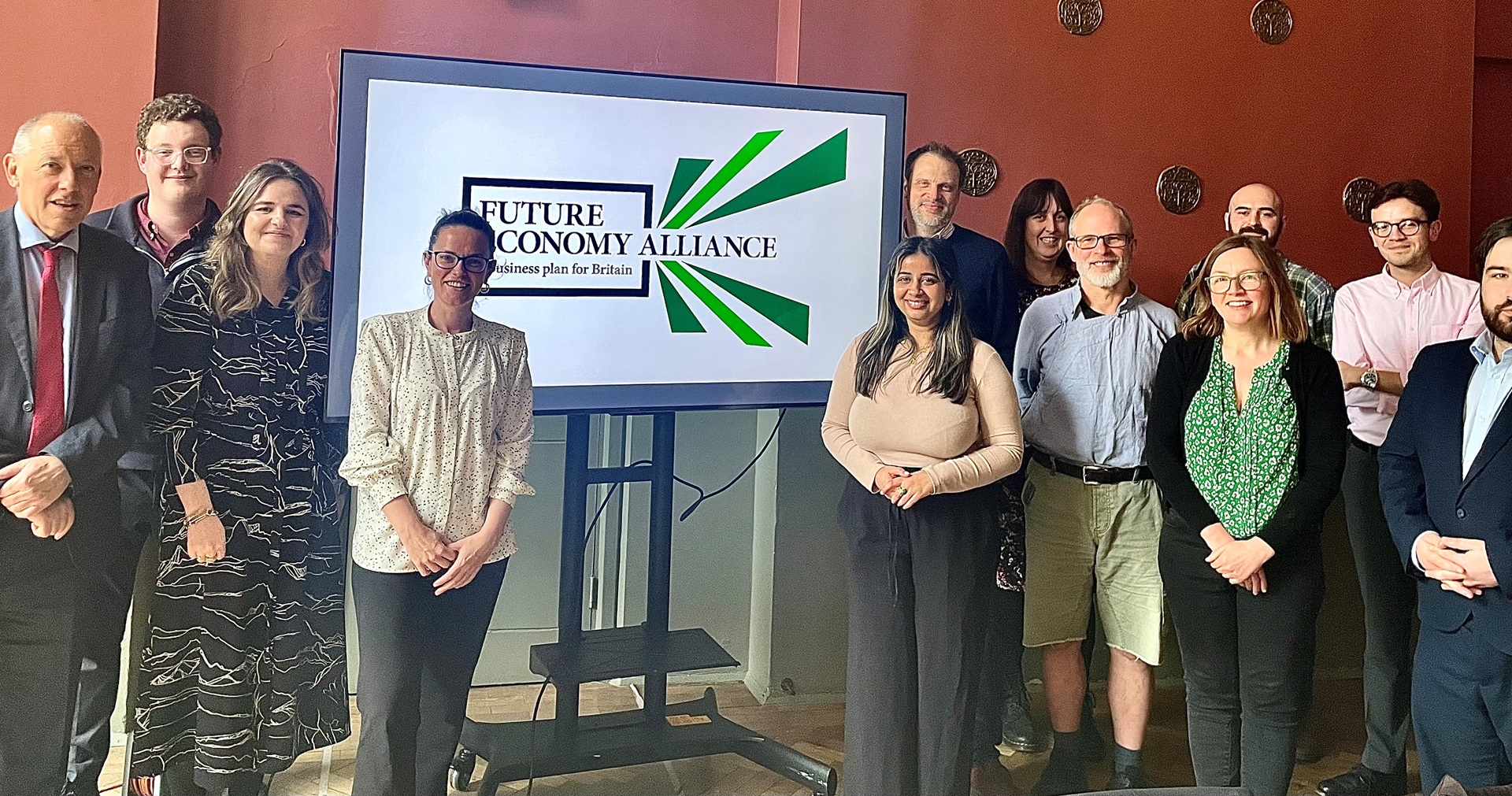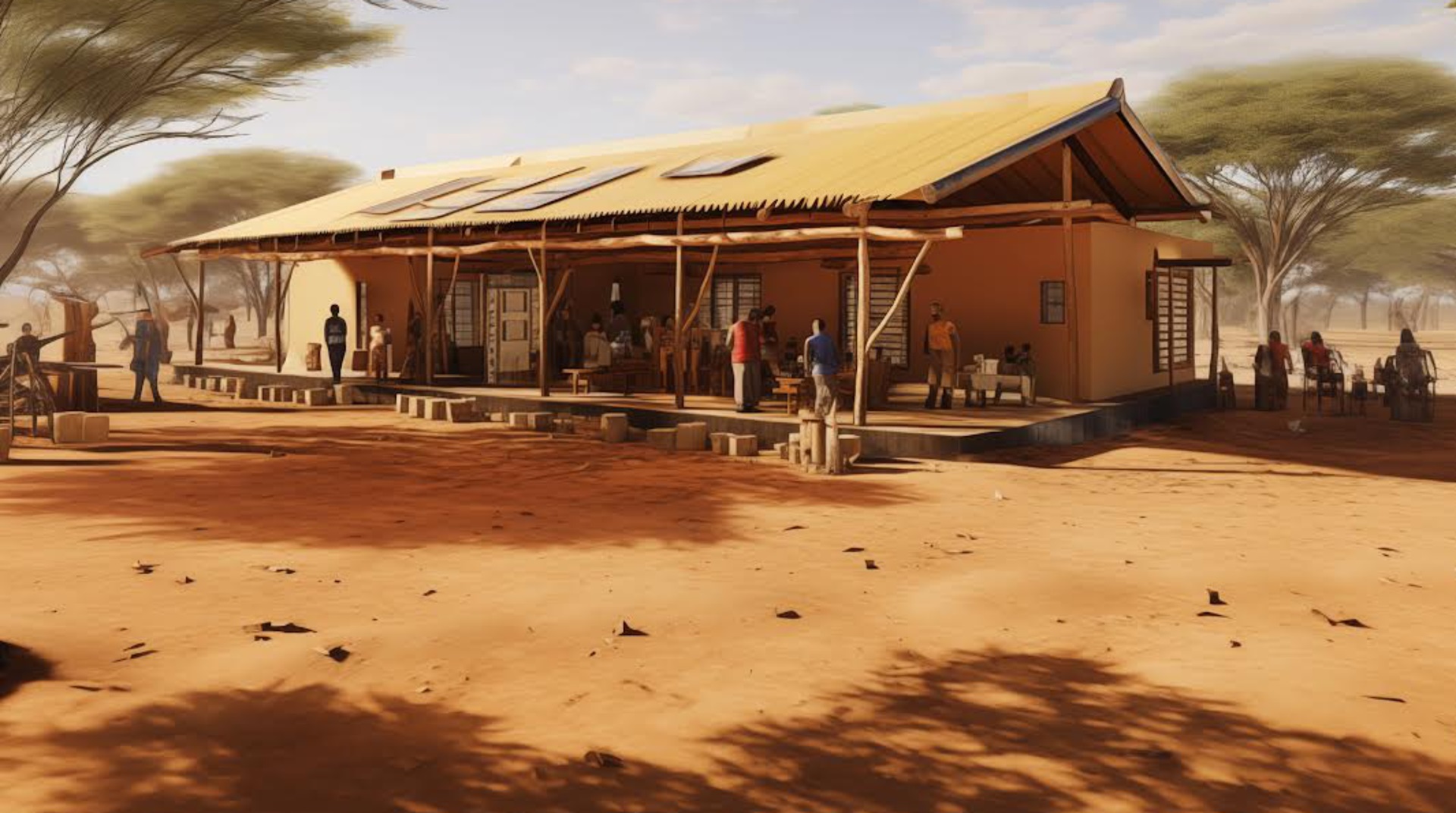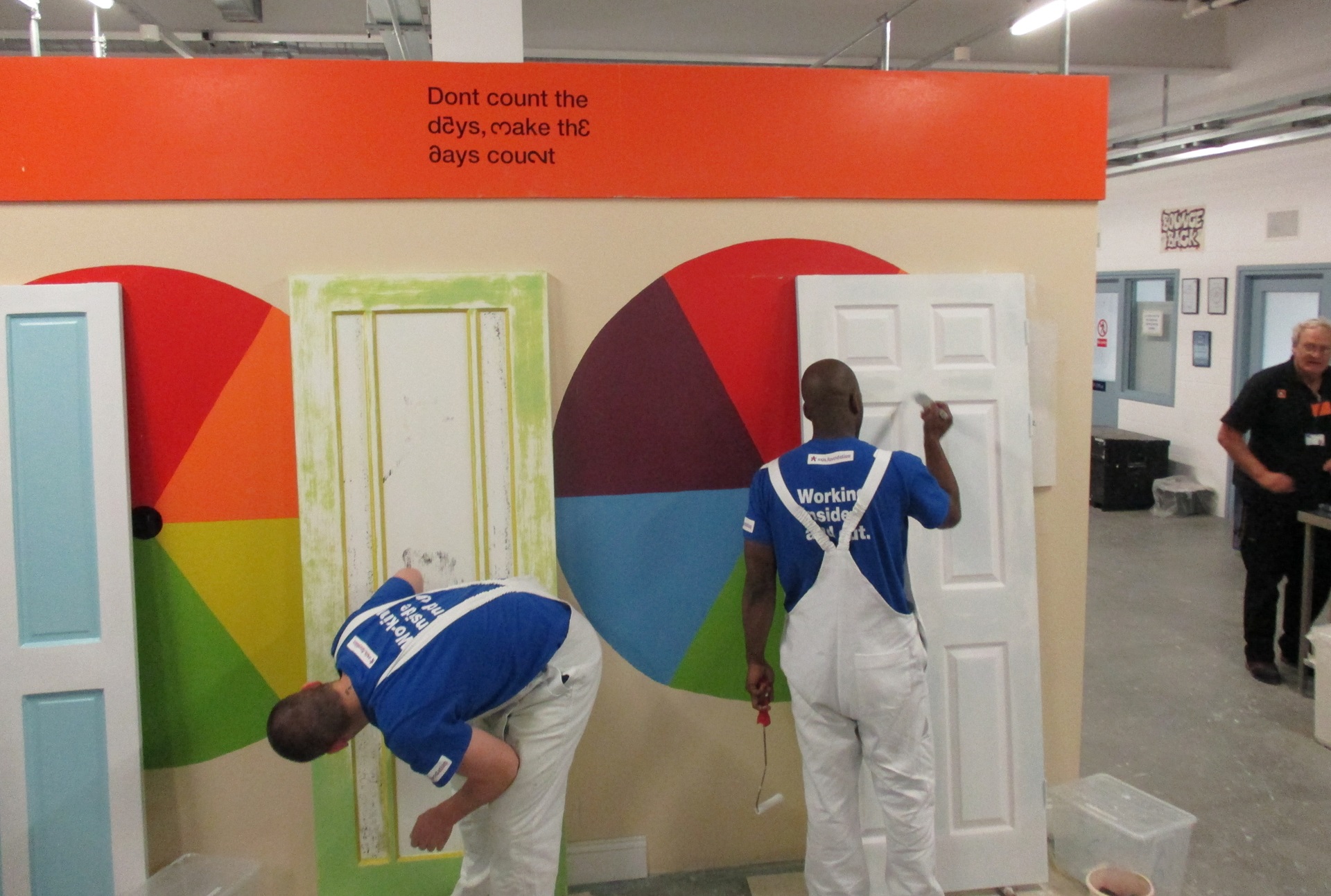
Case studies for VCSEs
Bounce Back
Bounce Back, a charity and social enterprise, creates opportunities for young people and adults who have a history of or are at risk of offending to thrive, and ultimately help to shape a society where everyone can look forward to a bright future. It has been in operation since 2011 and supported nearly 10,000 people. The organisation provides end-to-end solutions focused around education, training and employment, working in prisons and in the community to provide holistic support. Shirley Riley, Director for Bounce Back, told us: “We believe everyone can change, and should be given the opportunity to do so. We provide this for people inside and outside prison through diversionary activities, including City & Guilds training and wrap-around support into jobs with prospects, with a particular focus on construction trades.” Bounce Back’s charity funding comes mostly from contracts and grants, with around ten per cent from trusts and foundations as well as corporate sponsors. Its social enterprise, staffed by people who have accessed its services, started out in painting and decorating but now offers emergency repairs and maintenance for corporates, charities and community groups. How Bounce Back works with central government departments. Bounce Back has worked with the Department for Work and Pensions and the Ministry of Justice (MoJ) as well as several local authorities. An example of its work includes the successful delivery of the ‘E-nuff’ Prison Leavers Project, funded by the MoJ through the Local Leadership and Integration Fund. E-nuff aimed to reduce reoffending through culturally informed holistic rehabilitation interventions, including resettlement planning and employment support. The programme was specifically designed for people serving a 12-month sentence or less with a focus on Black, Asian and Minority Ethnic prison leavers. In partnership with BeOnsite, Change Grow Live, A Fairer Chance and RISE, the initiative offered comprehensive access to the services required for a better experience on release and successful resettlement - from training and pre-employment support to family intervention and housing support, as well as services for substance misuse and other factors that contribute to rehabilitation. What are the benefits to government of working with VCSEs? Shirley believes that voluntary, community and social enterprise organisations (VCSEs) provide much more added value, going above and beyond the scope of commissioned services. When funders, and private sector providers invest in charities and social enterprises like Bounce Back, they also tap into and benefit from their extensive partnerships with local communities and groups, corporate partners, and employers – not to mention volunteers, who offer their time for free to make a difference. Shirley states: “VCSEs exist to make a difference, all our funding goes into making a difference to people’s lives, and communities.” Bounce Back’s work supporting those caught up in the criminal justice system also reduces the cost to wider society. As Shirley puts it: “If an individual can thrive, then the community thrives. If the community thrives, the whole borough thrives, and the economic climate improves. “By reducing re-offending, the cost savings to the government are significant, and also when people make positive behaviour changes, learn new skills and move from benefits to paid work. The average cost of a prison place in England and Wales is £46,696 a year (2021/22). People supported by Bounce Back are less likely to offend, with less than one in ten going on to re-offend, and three-quarters of those sustaining employment for at least six months (2021/22). “VCSEs can also better respond at speed and offer innovative solutions in a cost-effective way. They often go out of their way to “make things happen” - but this can put a squeeze on resources, especially given the uncertainty created by short term contracts.” What top tips do you have for VCSEs looking to work with government? Shirley has these top tips for VCSEs looking to apply for central government contracts: Make sure you’ve got your basics in place around how you describe yourself and your impact, and ensure you meet the needs they are looking for. Always ask for feedback on bids; it’s a great way to improve future applications. Bring talent from across your whole team into the tendering process - whether it’s the most junior or most senior person, use the skills you’ve got, rather than one person being all things to all people. The likelihood is that you’ll have talented people who are good at writing things. Based on a conversation with Shirley Riley, Director at Bounce Back bouncebackproject.com
3 min

